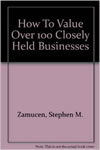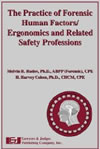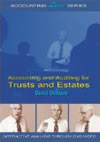Caylor Engineering & Associates, PLLC is a private consulting mechanical engineering firm specializing in NH3 and CO2 Refrigeration Systems used in process and cold storage applications. Clients have included Leprino Foods, Safeway, Dreyer’s, Tyson, ConAgra, Unilever, Nestlé, Imperial Irrigation District, Lineage Logistics, and Grupo Kuo (Kekén).
Consulting Services:
- System Design and Design Review (owner’s agent)
- Code Review (IIAR, IFC/IMC, ASME B31.5, ASHRAE Std 15)
| - Forensic Analysis and Expert Consultant/Expert Witness
- Operational Analysis
|
James Caylor, PE, Principal at Caylor Engineering spent his first 15 years in the refrigeration business as a service and startup technician, including a UA steamfitter apprenticeship. 11 of the 15 were in industrial ammonia work and 8 of those 11 were self-employed as Caylor Refrigeration. He then returned to college and graduated from Arizona State University in 2000 with a BSME.
Mr. Caylor worked as a project engineer for two design/build contractors and became a PE before moving to Tyson Foods’ corporate design group in 2005. He joined Jacobs Engineering’s Food and Beverage Group in Fort Worth in 2007, finished in 2013 as Deputy Director in charge of all refrigeration projects and opened his own consulting firm in 2014.
ASHRAE committee service includes TC 10.1 (past chair) & TC 10.2 with revisions to Refrigeration Handbook ch 1, 2 & 3. ASME committee service includes B31.5 (chair), WG B31E, B31 Standards & B31 Executive committees.
Mr. Caylor's work with the Refrigerating Engineers and Technicians Association includes vice president of the Oakland, CA chapter, founder and first president of the Phoenix, AZ chapter and presentation of papers at the 2018, 2021, 2022 and 2024 RETA National Conferences.
View James Caylor's Expert Witness Profile.
Evaporator leaks expose plant personnel to risk of ammonia contact and require maintenance intervention since refrigeration control valves used for inlet flows (liquid and hot gas) can automatically stop flow, but similar valves used for outlet flows (suction and refrigerant defrost condensate) cannot stop flow backwards from the suction line into a damaged evaporator and thus into the conditioned space.










